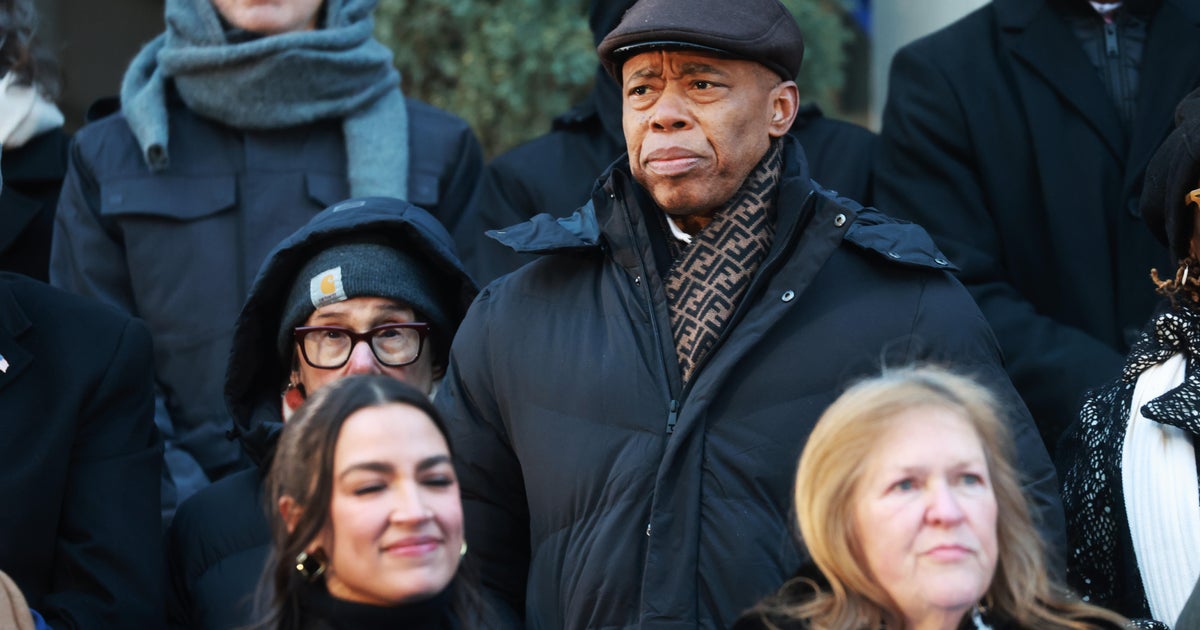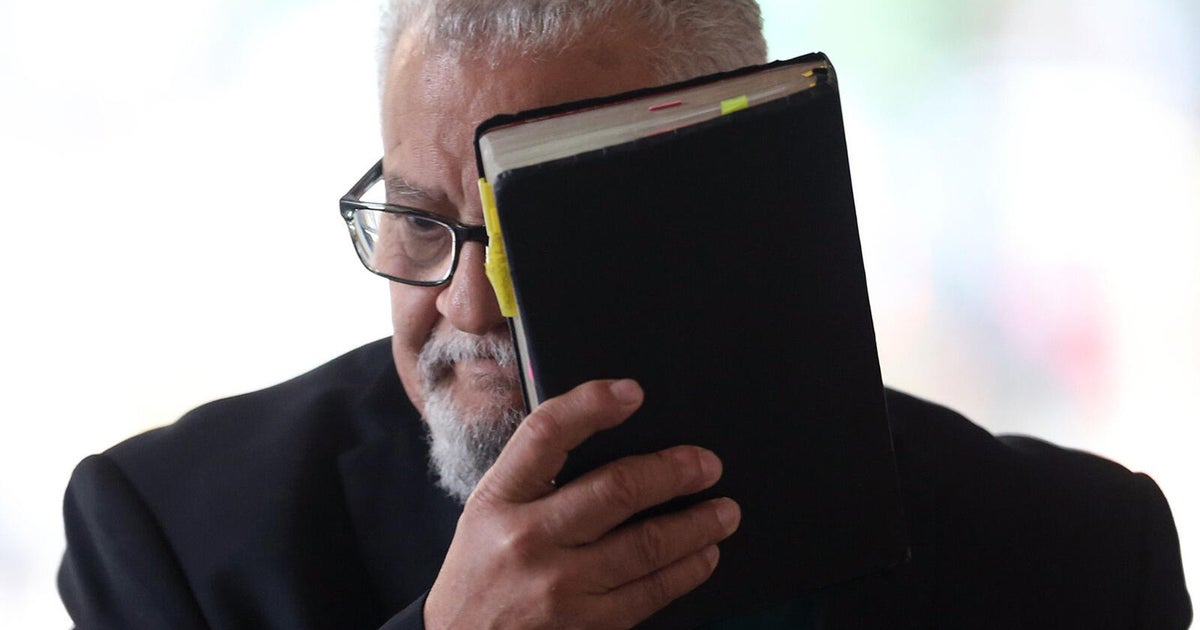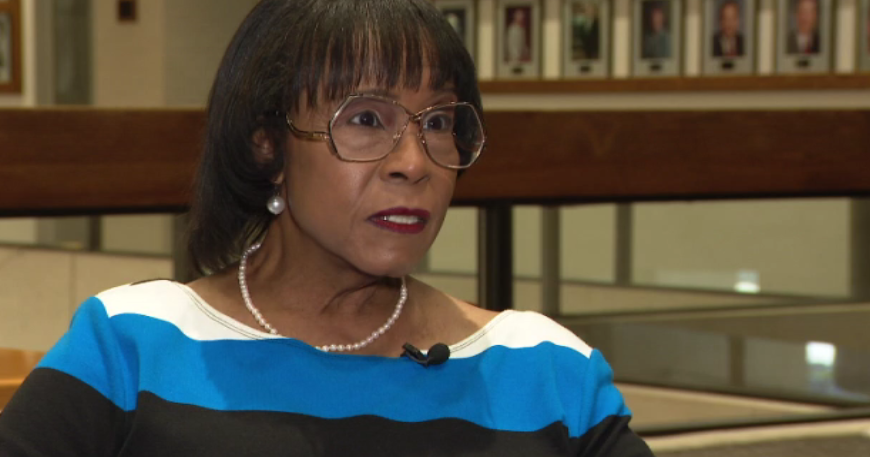Bloomberg Keeps Mum On Term Limit Debate
NEW YORK (AP/1010 WINS) -- Mayor Bloomberg, who pushed lawmakers to change the city term-limits law in 2008 so he could run for a third term, now won't say how many terms he supports as the question goes to voters on the ballot this November.
A commission assigned to review the city's laws and suggest possible changes for voters to consider decided this week to put a question about term limits on the ballot this November.
City law allows elected officials to seek three consecutive terms. The limit had been two terms, but Bloomberg persuaded the City Council to extend it after he abandoned the idea of running for president and was nearing the end of his time in office.
The two-term limit dates to 1993, when voters approved the law. Three years later, a change that would have extended the number of consecutive terms from two to three was defeated. Recent public opinion polls find voters still back two terms over three.
The wording of the ballot question for this year's Nov. 2 election has not been finalized, but the commission voted Wednesday for it essentially to ask voters whether the charter should give elected officials two terms. If voters reject it, the three-term law will stand.
Bloomberg said Thursday that his views on term limits are known and declined to say where he stands on whether to put it to a vote.
"I think I've, over the years, expressed my views, and I think at this point it's up to the commission and the public," Bloomberg said.
The mayor has expressed many different -- and sometimes conflicting -- views about term limits.
In 2002, he personally vetoed a bill -- his first veto as mayor -- that would have extended the terms for some officials. At the time, he said the proposed law was wrong because it amounted to changing the rules for personal political gain.
In 2006, Bloomberg scoffed at the idea that any individual is irreplaceable and said he supported term limits.
"My experience in business has been, whenever we've had somebody who was irreplaceable, their successor invariably did a better job, and I think change is good," he said. "Yes, you throw out an occasional good person, but you also throw out a lot of people who have just gotten stale and take it for granted, haven't had any new ideas, so on balance I've always been a believer in term limits."
But when he wanted the law changed in 2008 so he could run for mayor again the following year -- arguing that the city needed his business expertise to get through the economic downturn -- he said his beliefs had morphed from being "less about the theoretical and much more about the practical."
He argued at the time that the City Council should quickly change the law, allowing him to run again, specifically because his particular leadership was needed.
But on Thursday, he said changing term-limits law to benefit a specific official was wrong.
"No matter where you come out on it, you should decide what is best for the city, not what is best for any particular official," he said.
Public Advocate Bill de Blasio, who helped lead the opposition to extending term limits in 2008 when he was a city councilman, on Thursday noted Bloomberg's flip-flopping over the years.
"For most of his time in office, Mayor Bloomberg was a strong supporter of a two-term limit and of the people's right to decide whether it should be changed," de Blasio said in a statement. "I think he should support the commission's recommendations now that New Yorkers will finally have the opportunity to vote on term limits this fall."
(Copyright 2010 by The Associated Press. All Rights Reserved.)







